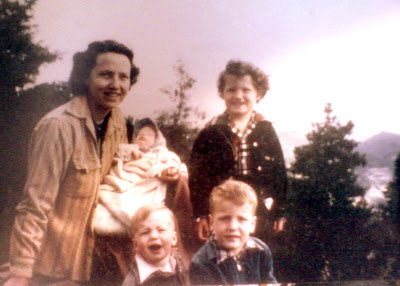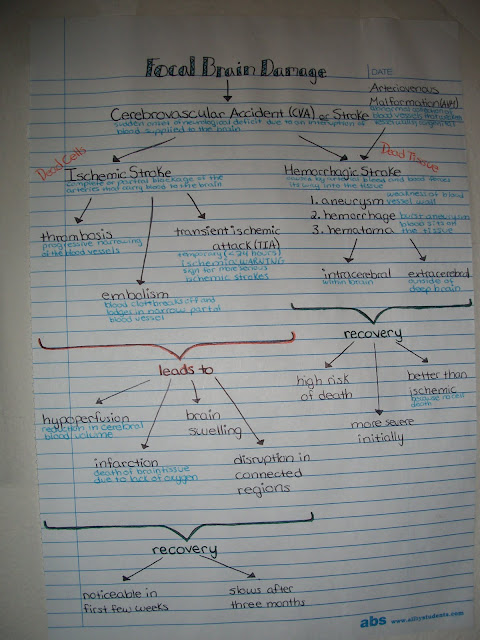I will never forget the call 6 years ago. It was the day before Easter, and I was on my way to an Easter Egg Hunt with my cousins. "Grandma had a stroke", my mom told me over the phone, "we don't know how serious it is but you need to be praying." At thirteen, I was fortunate enough to not have a lot of experience with death. This stroke came as a shock to everyone in my family.

In the matter of minutes, my grandma's life changed completely--more accurately my grandma
and my grandpa's life. Before the stroke, my grandma had some difficulty to get around but that was to be expected of someone in their eighties. In truth, the stroke was probably the hardest on my grandfather. My grandparents have been married for over 60 years. My grandma was his partner in many things throughout the years: they were missionaries in Pakistan, raised four kids together, and encouraged each other in their Christian faith. That all changed when the stroke impaired my grandma's motor abilities, speech, and vision.
Gone were the days of my grandma being able to do things for herself anymore. Much to her chagrin, my grandma had to become dependent on my grandpa to do the things she was used to doing for herself: bathing, fixing meals, cleaning, doing laundry, shopping for groceries, etc.
Here are my grandma's own words on the subject:
"I had to adjust to letting others do for me, when I would prefer to do it myself. People don't always do things the way I would do it, so I am learning to appreciate what others do and the way they do it. I am learning to bite my tongue and to remember that they are going out of their way to help me, so I need to appreciate and show my appreciation. They are not living in my shoes. They are not feeling what I feel. They can get up and move around and do what they want. I am more or less confined to a certain area, so I have to try to make the things work for me, keep things nearer to make them easier to access."
The stroke was hard for everyone, but my grandparent's resilience certainly contributed to my grandma's miraculous recovery. She had a good attitude and a strong faith throughout the whole ordeal.When I look at my grandfather's devotion to my grandma, it refreshes my belief in marriage. The way in which my grandparents were able to overcome the challenges brought on by the stroke, inspires me to live my life to the fullest each day that I have left here on this earth. My grandparents have truly accepted and made the most of the new normal.
















